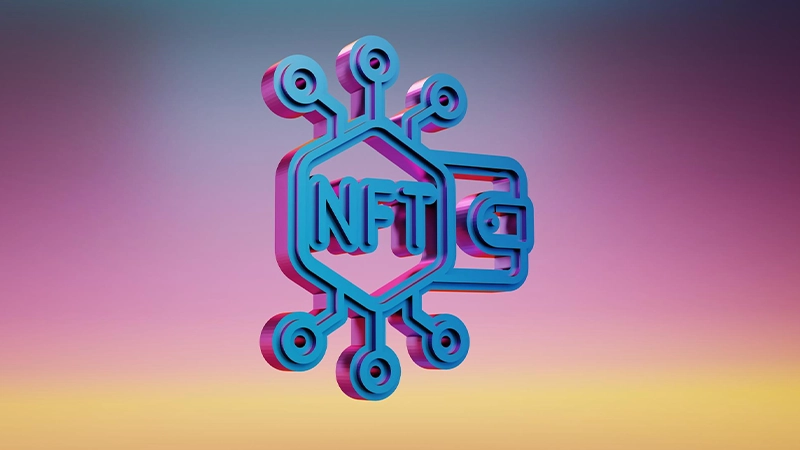
In a world where digital innovation reshapes industries daily, non-fungible tokens (NFTs) have emerged as a powerful tool for brands to engage with their audiences. Beyond being collectibles or digital assets, NFTs are proving to be effective in fostering brand loyalty. Here’s how brands are leveraging NFTs to create lasting connections with their customers.
What Are NFTs?
NFTs are unique digital assets stored on a blockchain. Unlike cryptocurrencies such as Bitcoin, NFTs cannot be exchanged on a one-to-one basis, making each token distinct. They can represent anything from digital art and music to exclusive experiences and memberships.
How NFTs Enhance Brand Loyalty
- Exclusive Ownership
- Personalized Rewards
- Gamified Engagement
- Community Building
- Sustainability and Transparency
NFTs offer a sense of exclusivity that appeals to customers. By owning a brand-related NFT, consumers feel part of an elite community. For instance, a fashion brand might offer limited-edition NFT apparel that doubles as access to VIP events or early product launches.
Brands can use NFTs to reward loyal customers with unique perks. For example, a coffee chain could issue NFTs that allow holders to redeem free drinks, access secret menu items, or receive personalized offers.
NFTs enable gamification, where customers can earn, trade, or win tokens through brand interactions. These activities encourage deeper engagement and make the brand experience more interactive and fun. For instance, a sportswear brand might issue NFTs as rewards for completing fitness challenges.
NFTs can act as digital membership cards that unlock access to exclusive communities. By fostering a sense of belonging, brands can create loyal fanbases. A music label, for instance, might grant NFT holders backstage access or participation in private listening sessions.
With blockchain technology, brands can provide transparency about their sustainability efforts. By issuing NFTs linked to eco-friendly initiatives, companies can build trust and loyalty among environmentally conscious consumers.
Real-World Examples
- Nike’s CryptoKicks: Nike patented blockchain-compatible sneakers where NFTs are linked to physical shoes, enhancing customer engagement.
- Taco Bell: The fast-food chain launched limited-edition NFT art pieces, with proceeds going to charity, building brand goodwill.
- Louis Vuitton:The luxury brand created a mobile game where players could collect NFTs, blending entertainment with brand loyalty.
Challenges and Considerations
While NFTs offer immense potential, brands must approach them thoughtfully.
- Environmental Concerns: Blockchain technology can be resource-intensive, so brands should consider eco-friendly alternatives.
- Accessibility:Ensure that NFT-based loyalty programs are user-friendly and not limited to tech-savvy audiences.
- Value Proposition: The NFT must offer genuine value to the customer to avoid being seen as a gimmick.
The Future of NFTs in Brand Loyalty
As NFTs evolve, they’re likely to become a cornerstone of digital marketing strategies. Brands that embrace this technology early can gain a competitive edge by creating unique and memorable customer experiences.
By combining innovation with strategic execution, NFTs can transform how brands connect with their audiences, making loyalty not just a reward but an exciting journey.

NFTs are more than just a trend; they represent a new frontier in brand loyalty. By offering exclusivity, personalized rewards, and interactive experiences, NFTs allow brands to engage with customers on a deeper level. As more companies explore the potential of NFTs, the way we think about loyalty and customer engagement will continue to evolve.
